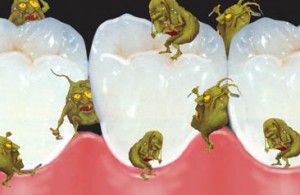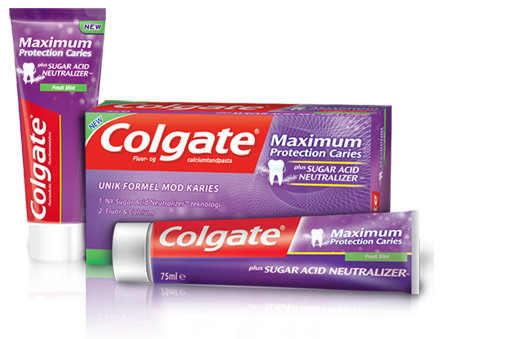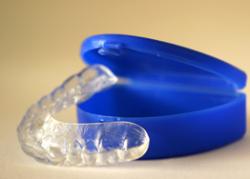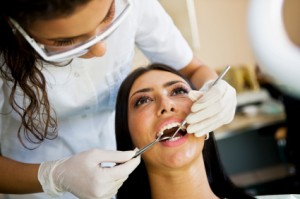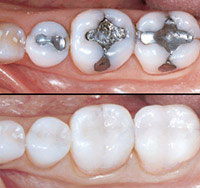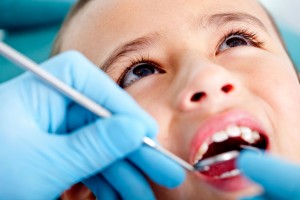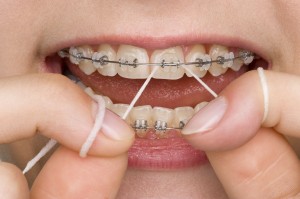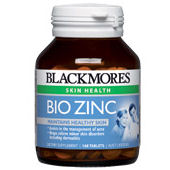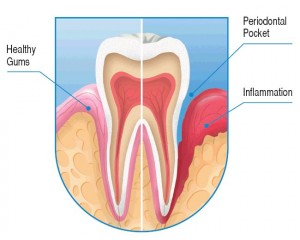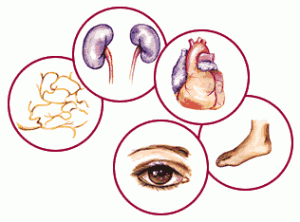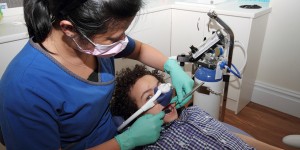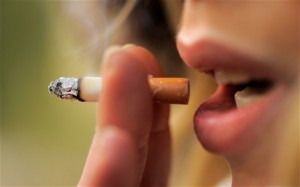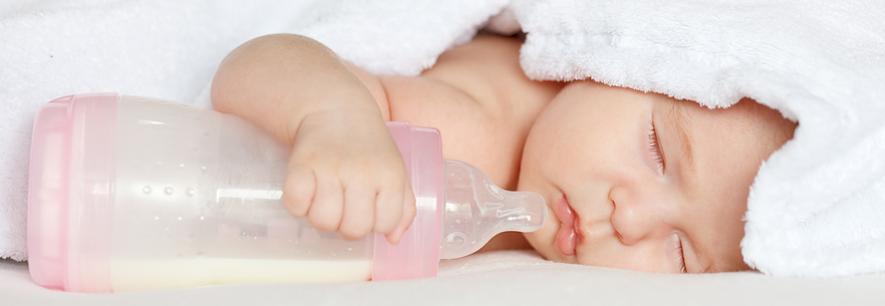
Does your child fall asleep with a bottle of milk? While very common, this isn’t ideal for your children’s teeth. Milk is a great source of calcium and calcium is good for building strong bones and teeth. However the lactose in milk is a naturally occurring sugar. This sugar, despite being natural, can decay your children’s teeth.
The constant washing over your children’s teeth caused by sleeping with a bottle, means that your children’s teeth are basically soaking in these sugars overnight. Baby teeth have much softer enamel than adult teeth and are therefore much more prone to decay.


